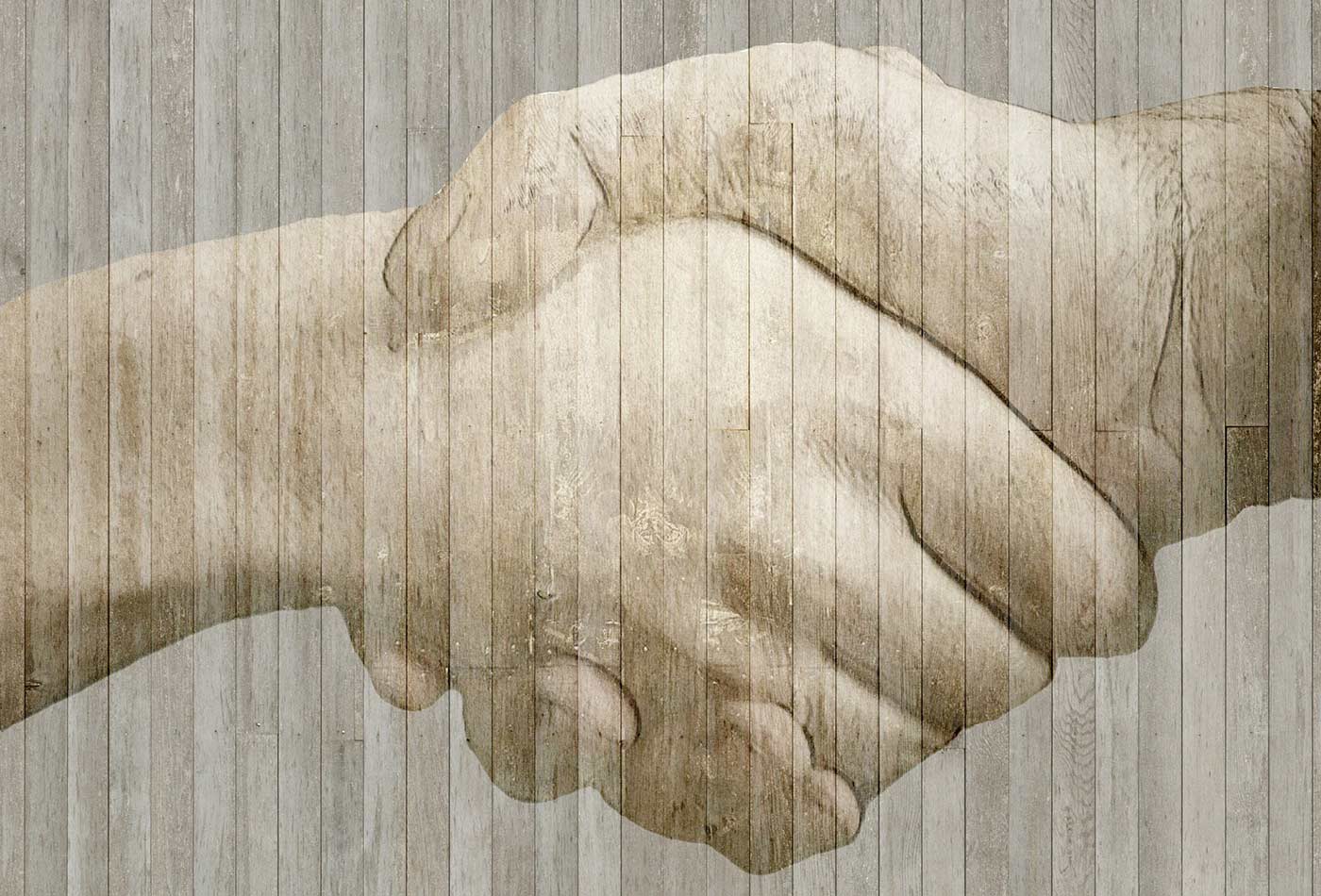[ad_1]
Just a few days in the past, I really helpful that Tim O’Reilly invite somebody to our subsequent FOO Camp. I assumed she had been to a previous FOO occasion, although I didn’t meet her there; I’d had a previous dialog along with her about information governance (I believe), and gotten on her mailing record, which jogged my memory that she was doing very attention-grabbing work. I don’t keep in mind who launched us, besides that it was somebody who had met her on the earlier FOO occasion.
Which will sound convoluted. That’s the purpose. It is a very human internet. It’s a really small window onto an internet of introductions. Firstly of just about each FOO camp, Tim says that FOO is about “creating synapses within the international mind.” He’s stated many occasions that he sees his operate as introducing individuals who ought to know one another. That internet of connections—what we used to name the “social graph”—could be very broad. It will definitely consists of all 7+ billion of us. And once more, it’s intensely human. It’s Web0.
It’s essential to remind ourselves of that once we speak about Web3. Web3 will succeed, or fail, to the extent that it solves human issues, to the extent that it makes navigating Web0 extra tractable—to not the extent that it monetizes all the things conceivable, or allows a small variety of individuals to make a monetary killing. Making it doable for artists to earn a dwelling is fixing a human drawback (although we gained’t know whether or not NFTs really try this till we’re previous the preliminary bubble). Utilizing hyperlinks that incorporate historical past to construct communities of people that care about the identical issues, as Chris Anderson suggests, is fixing a human drawback.
As soon as we notice that, Web3 isn’t all that totally different from the sooner generations of the online. Fb succeeded as a result of it solved a human drawback: Folks need to affiliate, to congregate. Fb could have been a poor answer (it actually turned a poor answer after it determined to prioritize “engagement”), but it surely was an answer. Google succeeded as a result of it solved a distinct human drawback: discovering data. The world’s data was radically decentralized, saved in thousands and thousands of books and web sites. At O’Reilly, we made one of many first makes an attempt to handle that quickly rising mess, however our answer, publishing The Complete Web and creating an internet portal (the business’s first) based mostly on it, couldn’t scale the way in which Google did 5 years later. As Larry Web page and Sergey Brin found, organizing the world’s data was about computing the tree of relationships dynamically. Like Fb, Google has turn into much less helpful over time, as it appears to have compromised its outcomes to “maximize shareholder worth.” I would definitely desire burying monopolies to praising them. Nevertheless it’s vital to consider carefully about what they do properly. Google and Fb, like AT&T earlier than them, succeeded as a result of they solved issues that folks cared about fixing. Their options had actual lasting worth.
Cryptocurrency gives a cautionary story. Blockchains could also be a superb answer to the issue of double-spending. However double spending is an issue only a few individuals have, whereas theft and different monetary crimes on the blockchain are rising each day. (Given the speed at which cryptocurrency crime is rising, maybe we needs to be glad that double-spend isn’t simply one other drawback on the very lengthy record.) The catalog of failed startups is filled with companies with concepts that have been very cool, however didn’t really resolve issues that folks care about, or didn’t suppose by way of the brand new issues that they’d create. As technologists, we’re sadly hooked on the cool and the intelligent.
Can Web3 make Web0, the online of human interconnections and pursuits, extra manageable? Can it resolve human issues, not simply summary computational issues, and achieve this with out creating extra issues of its personal? Can it assist us construct new synapses within the human mind, or will it simply join us to individuals who infuriate us? That’s the problem Web3 faces. I believe it may meet that problem; however doing so would require builders to grasp that blockchains, NFTs, Dapps, and so forth are the means, not the ends. They’re the elements, not the completed product.
[ad_2]


